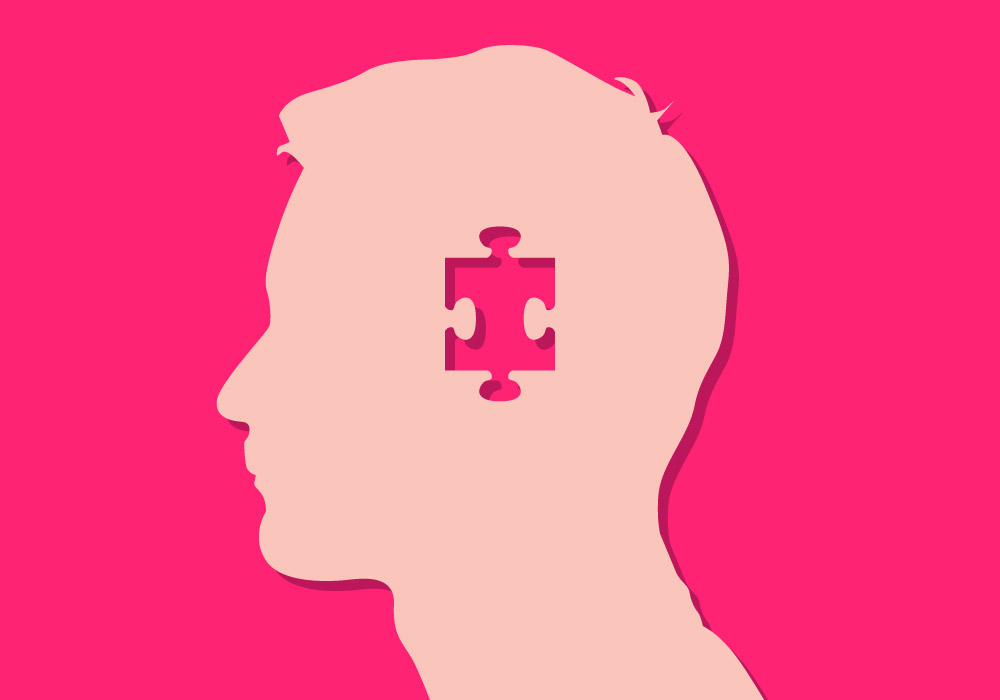
Working out is good for you in more ways than we can count, but a new study may have uncovered a new perk for people with memory problems.
Researchers from the Wake Forest School of Medicine found that aerobic exercise appears to boost thinking skills and brain volume in adults diagnosed with mild cognitive impairment, a condition that sits in between normal age-related memory decline and more serious dementia. Stretching routines also increased brain volume over a six-month period, but had no noticeable impact on brain function.
The study was presented today at an annual meeting of radiologists in Chicago, and hasn’t yet been peer-reviewed or published.
Researchers used a new MRI technique to measure both volume and shape changes in specific areas of the brain, which are both important indicators for tracking the development of dementia.
At the start of the study, the researchers performed MRI scans on 35 people with mild cognitive impairment, which is a risk factor for Alzheimer’s disease. The participants were then divided into two groups and assigned to four weekly sessions of either stretching exercises or aerobic activity—walking on a treadmill, cycling on a stationary bike, or training on an elliptical machine. After six months, the researchers did a second MRI scan and compared the two sets of scans.
Health.com: 7 Ways to Protect Your Memory
Both groups showed increases in most gray matter regions of the brain, including the temporal lobe, which supports short-term memory. But those increases were greater in the group that walked, pedaled, or spent time on the elliptical.
“Even over a short period of time, we saw aerobic exercise lead to a remarkable change in the brain,” said lead investigator Laura D. Baker, PhD, associate professor of gerontology and geriatric medicine at Wake Forest, in a press release.
People in the stretching group had less total brain volume increase, and their brain scans also showed signs of “directional deformation”—shape changes possibly related to volume loss—within the brain’s white matter. The researchers believe these hard-to-detect signs could be early indicators of dementia. “Directional changes in the brain without local volume changes could be a novel biomarker for neurological disease,” co-author Jeongchul Kim, PhD, said in a press release.
In an abstract presented at the conference, the researchers concluded that aerobic exercise “could preserve or possibly even improve brain volumes” in people with early cognitive problems.
What’s more, the researchers also reported that over a six-month period, participants in the aerobic exercise group improved in tests that measure executive function—a set of thinking processes that include working memory, reasoning, and problem solving—while the stretching group showed no change.
Health.com: 15 Ways Exercise Makes You Look and Feel Younger
That doesn’t mean stretching didn’t help in some way, the authors say, especially when compared to completely sedentary behavior. It does suggest, however, that aerobic activity may be a better bet for overall brain functioning.
Plenty of previous research has tied exercise to better brain outcomes in older adults; a 2014 Canadian study, for example, found that brisk walking (but not resistance training, balance exercises, or muscle toning) was associated with enlargement of the hippocampus. Aerobic exercise may have some competition when it comes to brain health, however. Last month, an Australian study found that women who lifted weights regularly had better cognitive function than those who did regular stretching and calisthenics.
This newest study, although small and preliminary, is in line with previous research suggesting that “any type of exercise can be beneficial,” said Kim—good news for older adults who perhaps can’t get out and walk, ride, or otherwise break a sweat. However, he added, “If possible, aerobic activity may create potential benefits for higher cognitive functioning.”
This article originally appeared on Health.com
More Must-Reads from TIME
- Donald Trump Is TIME's 2024 Person of the Year
- TIME’s Top 10 Photos of 2024
- Why Gen Z Is Drinking Less
- The Best Movies About Cooking
- Why Is Anxiety Worse at Night?
- A Head-to-Toe Guide to Treating Dry Skin
- Why Street Cats Are Taking Over Urban Neighborhoods
- Column: Jimmy Carter’s Global Legacy Was Moral Clarity
Contact us at letters@time.com